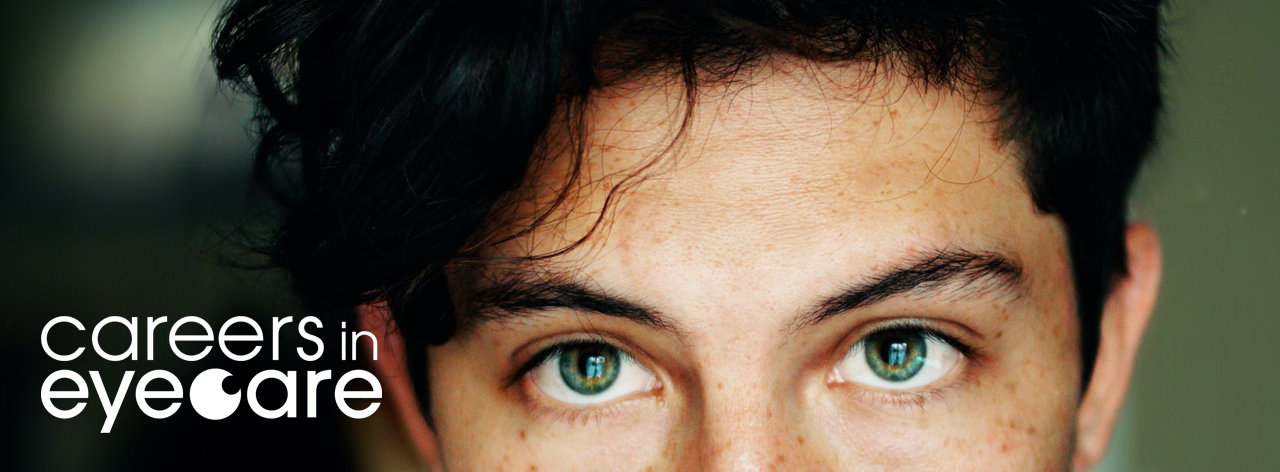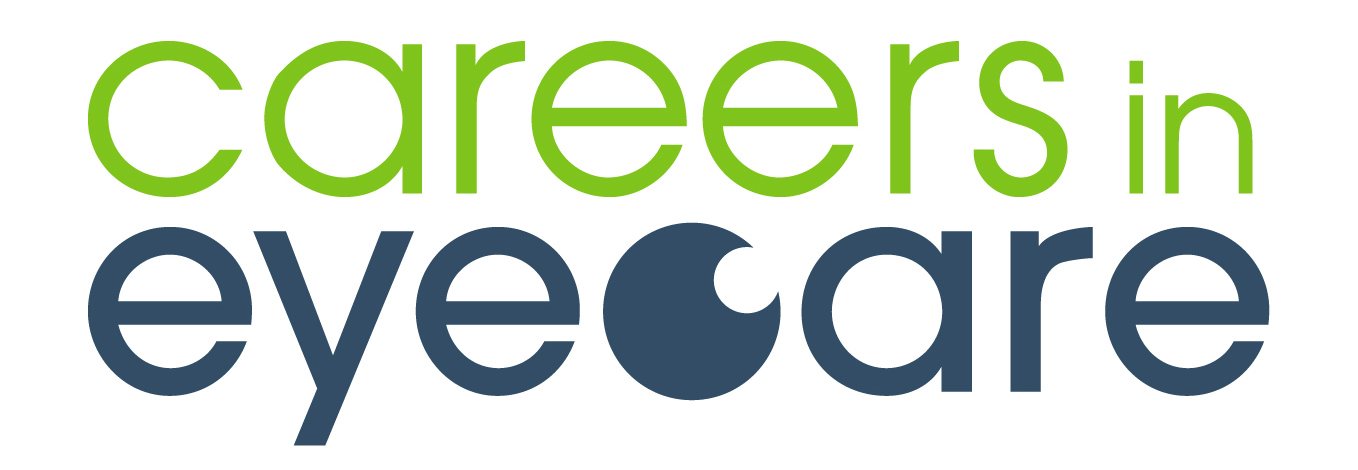How to become an Orthoptist: Career Guide
Careers in Eyecare Science & Health careersWhat is an orthoptist?
An orthoptist specialises in diagnosing and managing a range of eye conditions that largely affect eye movement and visual development. Understanding the development of eyesight and the role of the brain in controlling the eyes are key to orthoptic work.
What do orthoptists do?
Orthoptists are the experts in diagnosing and treating defects in eye movement and problems with how the eyes work together, called binocular vision. All Orthoptists are qualified with a substantial core body of knowledge and expertise and are one of fifteen professions regulated by the Health and Care Professions Council (HCPC).
What do you get from this role?
Becoming an orthoptist gives you a rewarding and flexible career.
Orthoptists have an extremely varied caseload. Typically, their work with babies and children involves the management and treatment of amblyopia (or lazy eye) and strabismus (misalignment of the eyes or squint). With adults, they will manage and treat a range of conditions leading to double vision, commonly following neurological episodes, such as strokes or brain damage.
In the UK the majority of orthoptists work in eye clinics in NHS hospitals. Some orthoptists also work in community clinics, specialist centres for children with disabilities or carry out vision screening in schools. Orthoptists also assess patients on hospital wards such as neuro-rehabilitation and stroke wards.
The job can offer a range of different working patterns. It gives you a chance to interact with people and know that you are making a difference to their lives by providing eye care and advice. If you want to progress your career you can choose to focus on management.
There is increasing demand for orthoptists in the UK, and a shortage in Europe and across the world. In the UK most orthoptists work in the NHS. The starting wage for an orthoptist in the NHS is in the range of £22,000 – £26,000, with the potential to earn up to £90,000 at the highest level.
What do you need to apply?
To become an orthoptist, you require an undergraduate degree in orthoptics. You can find out more about the course, including where you can study, here. The entry requirements vary for each university so please check their websites for more detail.
The general requirements are that you must have good GCSE Maths, English and Science grades and A levels/Highers or equivalent, with at least one science subject such as Biology, Maths, Physics or Chemistry. Alternative qualifications are considered and mature students are welcome to apply.
If you do not have the relevant academic background, there are options to study a Foundation Year degree or Access to Higher Education Diploma in Science prior to commencing the Orthoptic degree. Further details about Foundation Year degrees can be found on the websites of the University of Sheffield and University of Liverpool.
What skills do you need?
As an orthoptist you will need to enjoy spending time with people and offering advice. You will need to be interested in health and how the body develops. You will be people focused.
The best way to learn about what an Orthoptist actually does is going and seeing for yourself. BIOS has a specific Work Shadow Lead, whose job it is to help arrange for prospective students to shadow an orthoptist and see what it is they do day to day. You can find out more about this, including who to contact, on the work shadowing page.
Do you need a degree to become an orthoptist?
To qualify as an orthoptist in the UK, you will need to complete a degree in orthoptics at one of the following Higher Education institutions:
See more career info from BIOSWho are Careers In Eyecare?
Careers in Eyecare brings together organisations from across the world of optics and beyond, to tell you about careers in eye care and eye wear.



So what are you waiting for? Grab your future.













